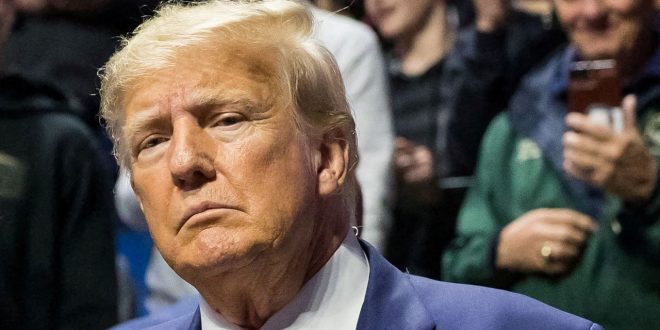By Ekpenyong Emmanuel
US President Donald Trump has revealed that he is serious about seeking a third presidential term, despite constitutional limits.
In a telephone interview with NBC News, Trump stated, “No, I’m not joking. I’m not joking. It is far too early to think about it”.
The 22nd Amendment of the US Constitution clearly limits presidents to two four-year terms, whether consecutive or not.
However, Trump’s allies have been exploring ways to redefine the interpretation of term limits.
Trump’s longtime adviser Steve Bannon confirmed this, saying, “We’re working on it”.
The situation has sparked intense debate, with some arguing that Trump’s ambitions are unconstitutional.
To change the amendment, a two-thirds vote in both congressional chambers and ratification by three-fourths of the 50 US states would be required.
Others have pointed out potential loopholes, citing the Presidential Succession Act, which could allow a twice-elected president to serve as vice president and then assume the presidency.
However, this interpretation is far from settled, and any attempt to circumvent the 22nd Amendment would likely face significant legal challenges.
As the controversy unfolds, one thing is clear: Trump’s third-term ambitions have ignited a fierce debate about the limits of presidential power and the integrity of the US Constitution.
 National Telescope national telescope newspaper
National Telescope national telescope newspaper



